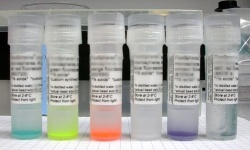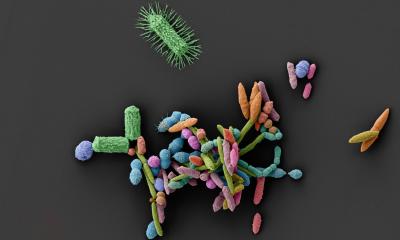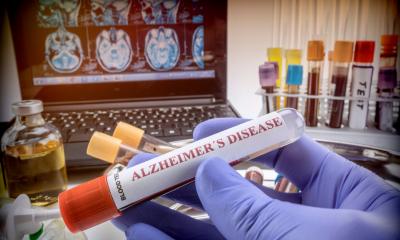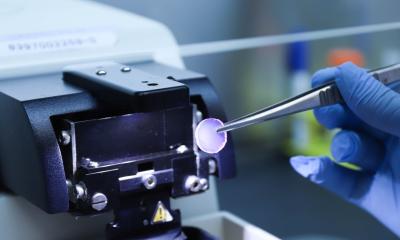What did Michael Jackson die of?
Forensic toxicology is the post-mortem testing for lethal and/or foreign substances in body fluids and tissues, and it can be a very time-consuming process. The media has reported that Michael Jackson's death certificate was issued on Tuesday, July 7, 2009 without listing a cause of death; his brain, or part of it, was being retained for testing; and initial indications are that it may take several weeks to determine the cause.

There are a number reasons why forensic toxicology testing may take several weeks to complete, including the range of toxicologic specimens requiring different tests; the complexity of testing for illicit and therapeutic drugs, as well as other toxic chemical agents; the extensive record keeping that is needed for forensic defensibility of the toxicology studies underlying a final report; and others. In addition, some tests may be beyond the scope of expertise in the initial laboratory and specimens may have to be referred to more specialized laboratories that can perform those specific tests.
Forensic testing also requires a ‘chain of custody’ so that for each step, from collection of the specimen to the final report, there is documentation of where the specimen has been and who handled it. Toxicology reports are issued after a death investigation which would include information on any medications the deceased may have been taking or any drugs to which the deceased may have had access. Death investigations take some time to gather all the information from the various individuals working on the case or who were involved with the case. Under certain circumstances, new information may become available and the toxicologist may have to test for additional drugs, or test other samples before the report is finalized. Toxicology testing requires cooperative work among many professionals making communication and quality paramount.
AACC’s Therapeutic Drug Management & Toxicology Division has developed additional guidance about toxicology including a definition of what it is and what is meant by toxicology testing, who conducts the testing, and how the results are interpreted. During the annual meeting of AACC (July 19-23, Chicago) the Division is holding a conference on Drug Addiction: From Basic Science to Clinical Laboratory Practice which includes several scientific presentations relevant to forensic toxicology.
21.07.2009





